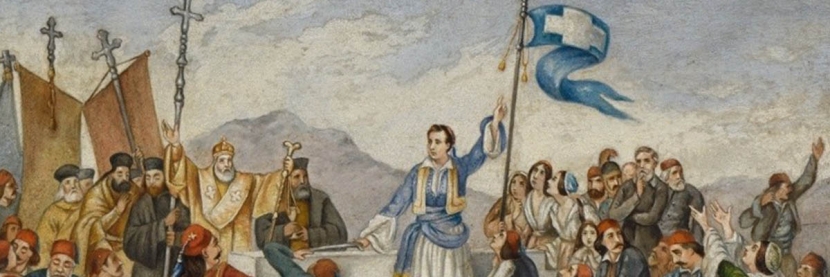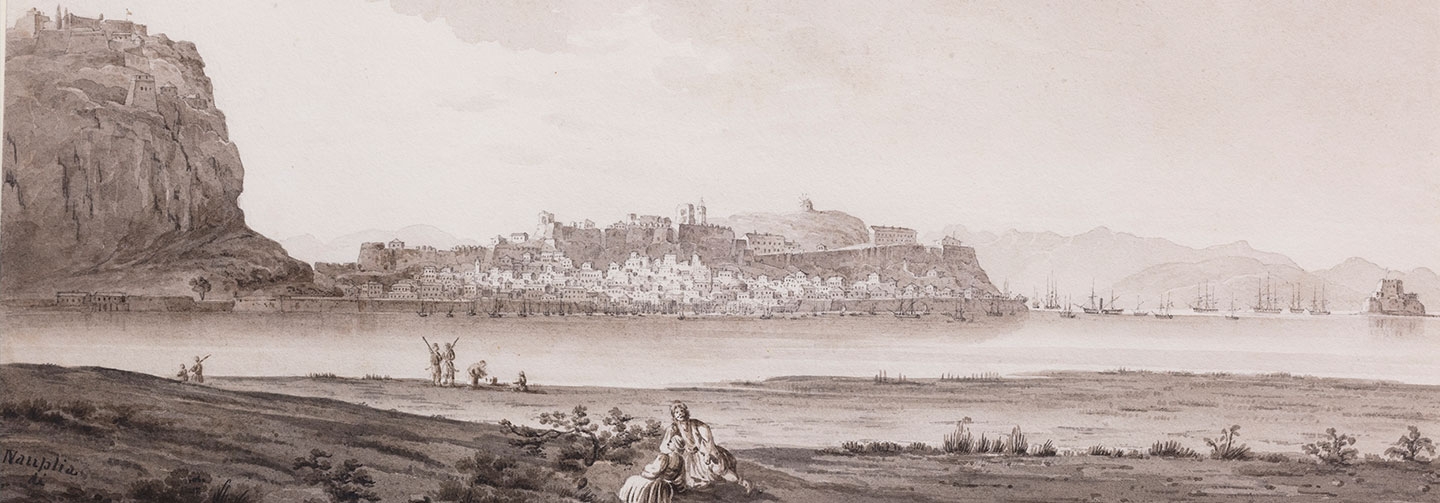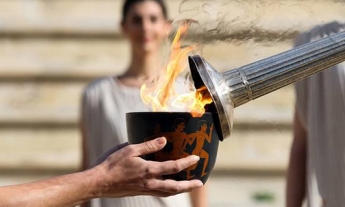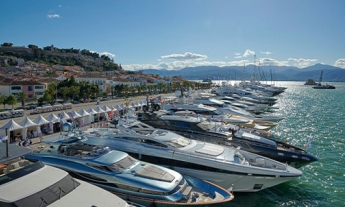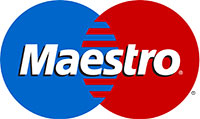"American and European Philhellenism and the Liberation of Nafplion: ideas, place, and people at the time of the Greek Revolution" is the full title of the open free Workshop, offered by the Harvard's Center for Hellenic Studies in Greece (CHS), within the context of the annual series of workshops 2021–2022, in the weekend 18-19th of June 2022.
In the workshop, participants will have the opportunity to dive deeper and reflect on the formation, causes, and ways of the Philhellenism manifestation, in American and European Philhellenism, in the history of the Greek Revolution, and its relationship with the Philhellenic Movement. Similarly, participants will dive deeper into the local history, on the occasion of the 200 years since the liberation of Nafplio, its historical context, its importance, and also in the role of the Philhellenes in this military success. Participants will also discover unknown aspects of Modern History with Dr. Emmanouil G. Chalkiadakis, Scientific Associate of CHS Greece, while the visit to the National Gallery, Annex of Nafplio - Alexandros Soutsos Museum and locations around Nafplio related to the Philhellenes will ensure an experiential approach to knowledge.
The Philhellenic movement
Philhellenism was an unprompted movement that was developed mainly in the Western world and influenced by the ideas and values of Greek Antiquity. Years before the onset of the Greek Revolution, westerners had expressed interest in the Greeks in the context of their interest in Ancient Greek Civilization and under the prism of the liberal ideas of the American and the French Revolution.
Several foreign travelers traveled to Greece and got to know the ancient remains and the modern Greeks, expressing their sympathy to the latter for their condition.
With the outburst of the Greek Revolution in 1821, public opinion in various western countries was favorably disposed toward the rebellious Greeks. Philhellenes from the United States of America and countries of Western Europe mainly supported the Greek Struggle for Independence materially and morally and many fought alongside the Greeks.
Many of them reached Nafplio and Argolis, such as the Americans E. Everett, G. Jarvis, and S. Howe, the Italians A. Dania and M. Gramsi, the French Ol. Voutier and M. Persat, the Germans A. Kolbe, K. Krazeisen, etc.
The movement of Philhellenism, nevertheless, is also associated with the liberation of Nafplion in 1822. Some Philhellenes fought alongside the Greeks for the conquest of Palamidi and the liberation of the town of Nafplio.
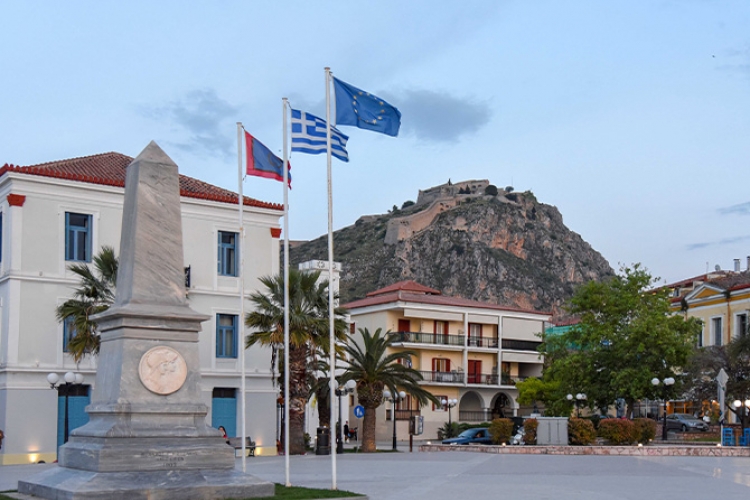
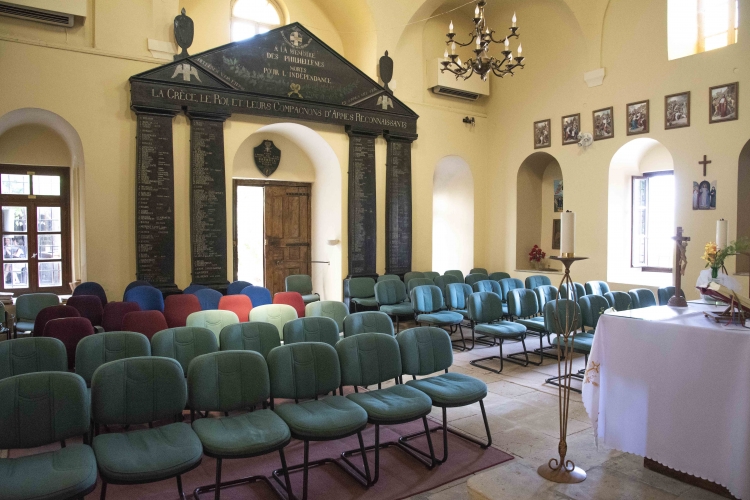
Conducting place
CHS Greece, Nafplio, Philhellene Square and Otto Street, T. (+30) 27520 47040
Days / Hours
June 18–19th 2022, 11:00 – 15:00
On Saturday afternoon visits and/or fieldwork will take place at points of interest around Nafplio
Academic Coordination
Emmanouil G. Chalkiadakis (PhD in History, member of the laboratory teaching staff at the University of Crete, School of Education & scientific associate of CHS in Modern Greek History)
Applications
April 27th – May 25th 2022
Did you know that?
During the two 4-hour meetings of the workshop, participants are invited to actively contribute to the group’s discussions and to participate in the visits and fieldwork.
Participation in the workshop is free of charge. Participants do not need to have prior knowledge about the subjects to be discussed.
The Workshop is organized by the CHS Greece, under the aegis of the Municipality of Nafplio (DOPPAT).
